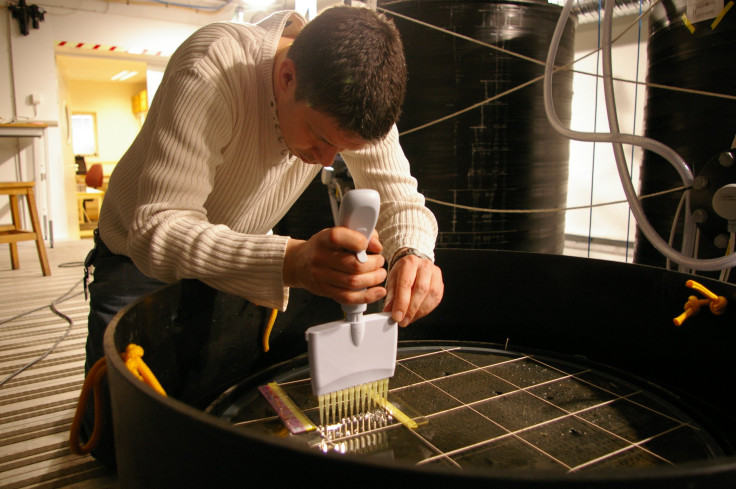Climate Change Effect: Global Warming Could Increase Toxic Mercury In Plankton

The ill-effects of mercury are now much better known than in times past, but the danger of a large number of people being affected by mercury poisoning is far from over. And according to a study published Friday, climate change could be making the problem a lot worse.
Mercury, in many of its forms, is toxic to humans and other species. In humans, it affects the nervous, digestive and immune systems, as well as the lungs, kidneys and eyes. And it also negatively impacts the cognitive development of children. The element is released into the environment as a result of human activity, such as coal burning, mercury and gold mining, residential heating systems and waste incinerators. On entering the environment, it gets naturally transformed into methylmercury, a toxic substance that bioaccumulates.
This bioaccumulation — the increasing accumulation of a substance in an organism — affects fish a lot, and they are the most common source for human mercury poisoning. The study, titled “Terrestrial discharges mediate trophic shifts and enhance methylmercury accumulation in estuarine biota,” considered the increasing amount of runoff and the resultant increase of organic matter in large water bodies — caused by global warming — and its impact on plankton.
When organic matter gets mixed up in water, it reduces the amount of sunlight that can reach under the surface, which can lead to a drop in the production of phytoplankton, which depend on sunlight for sustenance. These phytoplankton form the base of the marine food chain, since they are eaten by zooplankton and fish. This in itself could create an imbalance in the food chain.
But the study, published in the journal Science Advances, also found that reducing phytoplankton would be replaced by bacteria, and the phenomenon could increase the possibility of methylmercury reaching zooplankton and bigger fish. In accordance with climate change models for large regions of the northern hemisphere, the precipitation and runoff into marine bodies will rise by 15-20 percent, which the study found would lead to a two to sevenfold increase in methylmercury content in zooplankton.
“The study has revealed a phenomenon that has not been described before. The results are critical in the prediction of how global climate changes can affect the exposure of methylmercury to ecosystems, and humans,” Erik Björn, associate professor at Umeå University, Sweden, and leader of the research project, said in a statement.
© Copyright IBTimes 2024. All rights reserved.





















